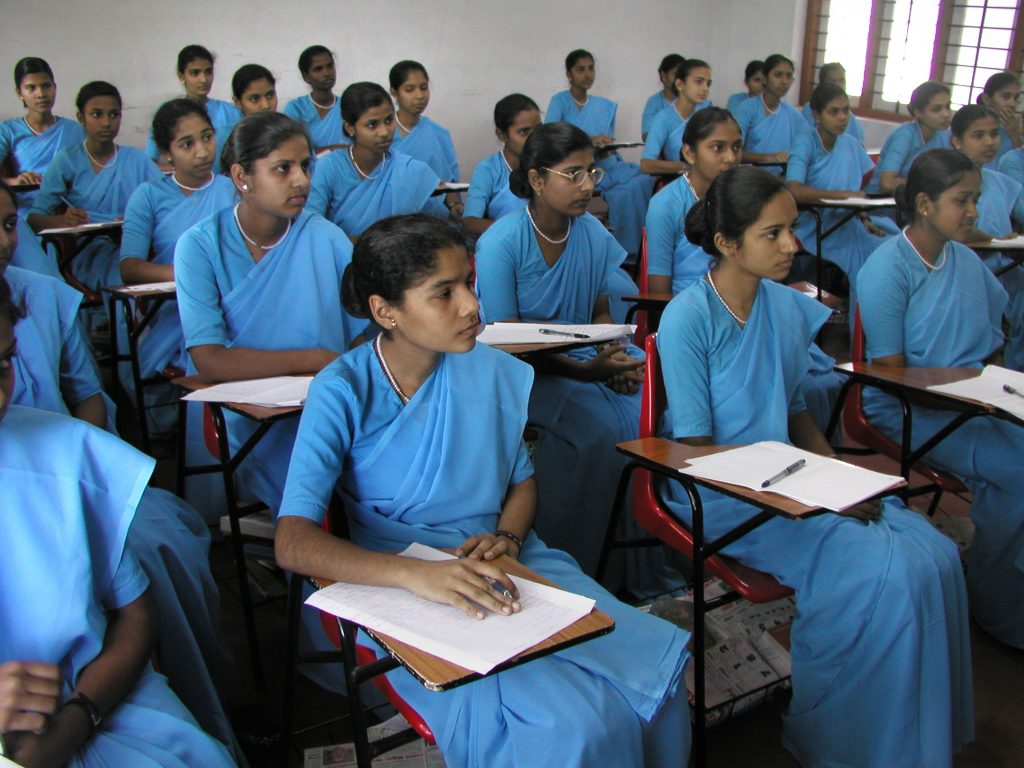Health service trusts in England are to be given additional funding to recruit nurses from overseas amid record staff shortages and increased demands.
For nurses recruited between 1 January and 31 March 2023, trusts will be able to claim £7,000 per overseas nurse from NHS England.
“Extra cash to tackle the chronic staffing shortages in the NHS is essential”
Sara Gorton
This is up to £4,000 higher than the financial support on offer during 2021-22.
The move was unveiled by NHS Employers on its website last week and confirmed to Nursing Times by NHS England.
NHS Employers said the additional funding reflected the rising costs of flights, accommodation and preparation costs for the nursing and midwifery objective structured clinical examination (OSCE).
The OSCE forms part two of the Nursing and Midwifery Council’s test of competence and is a practical exam in which overseas nurses and midwives are tested on their clinical and communication skills.
NHS Employers added that the “timing within the financial year” was also a factor in the increase in funding available.
It also said that nurses must have passed their English language requirements and computer-based test (CBT) before arriving in the UK, and that trusts must apply individually to receive the extra funding.
The CBT forms part 1 of the NMC’s competence test and is split into two parts – numeracy and clinical. Meanwhile, the English language tests accepted by the NMC are the International English Language Test System (IELTS) and the Occupational English Test (OET).
NHS Employers stated that the “funding offer will ensure that there is ongoing international recruitment activity in this financial year.
“Funding will be targeted at NHS trusts who are on target to achieve their 2022 commitments,” said the body, which represents health service organisations.
“The extra funding is to support organisations with international recruitment, to help grow the workforce, manage the cost of operational pressures and the backlog of elective care,” it added.
The offer comes after the NHS in England recorded a record-high number of registered nurse vacancies and as healthcare services continue to face increasing demands and try to tackle long waiting lists.
Responding to the move, Unison’s head of health, Sara Gorton, said: “Extra cash to tackle the chronic staffing shortages in the NHS is essential.”
She warned that, until NHS staff vacancies ware addressed, there “will be a need for overseas recruitment”. “But it has to be done in the best interests of the individual workers,” she added.
“We are witnessing an unprecedented policy effort to fund a rapid increase in the numbers of international nurses being recruited”
James Buchan
Ms Gorton highlighted ongoing concerns about unethical recruitment of nurses from overseas and the poor treatment many report facing.
“Sadly, overseas nurses are still being exploited by unscrupulous care and health employers,” she said. “This is no way to treat those who come to offer the UK their help.”
Meanwhile, Professor James Buchan, visiting professor at Edinburgh University, said: “What we are witnessing is an unprecedented policy effort to fund a rapid increase in the numbers of international nurses being recruited to England.
“This is driven by the ‘top down’ government target of achieving 50,000 more nurses by the end of the current parliament.”
As reported by Nursing Times, research has previously highlighted the importance of overseas recruitment in reaching the government’s 50,000 more nurses manifesto promise.
Professor Buchan added: “The level of international recruitment activity has risen rapidly in the last two years, and the UK is now targeting countries that have not previously been obvious sources.”
The funding announcement follows further concerns raised around the UK Government’s nurse recruitment deal with Nepal.
The Asian country had been on the WHO’s ‘red list’ but has now been moved to the ‘amber list’ instead as a result of a government-to-government agreement, which was unveiled in August.
The red list comprises countries that cannot be targeted for systematic recruitment by international employers because of their health workforce shortages.
At the weekend, The Observer newspaper reported concerns over abusive practices by Nepali recruitment agencies, which it said were known for “charging illegal fees that leave workers saddled with debt”.
It also reported calls from the World Health Organization (WHO) made to the UK government to introduce measures to protect Nepali nurses who may want to work in the UK.
Jim Campbell, director of health workforce at the WHO, told the newspaper that he would “very much encourage the UK and Nepal” to “take all mitigating measures to ensure that there are protections for workers’ rights, protections from fees and protections from poor working conditions”.
Following the reports, Royal College of Nursing general secretary and chief executive Pat Cullen said: “Nepal is named by the UK government and the WHO as a country that should not be actively recruited from. The government’s determination to find a way round that is highly worrying.
“Recruitment should be managed sustainably, and steps taken to benefit both countries. But the fact that we are taking nurses from countries with poor health infrastructure and chronic shortages is unforgivable.”
She added: “This government has an over reliance on international recruitment to cover up their domestic workforce shortages.
Source:- https://www.nursingtimes.net/news/global-nursing/nhs-trusts-in-england-offered-extra-funding-to-recruit-overseas-nurses-27-09-2022/


